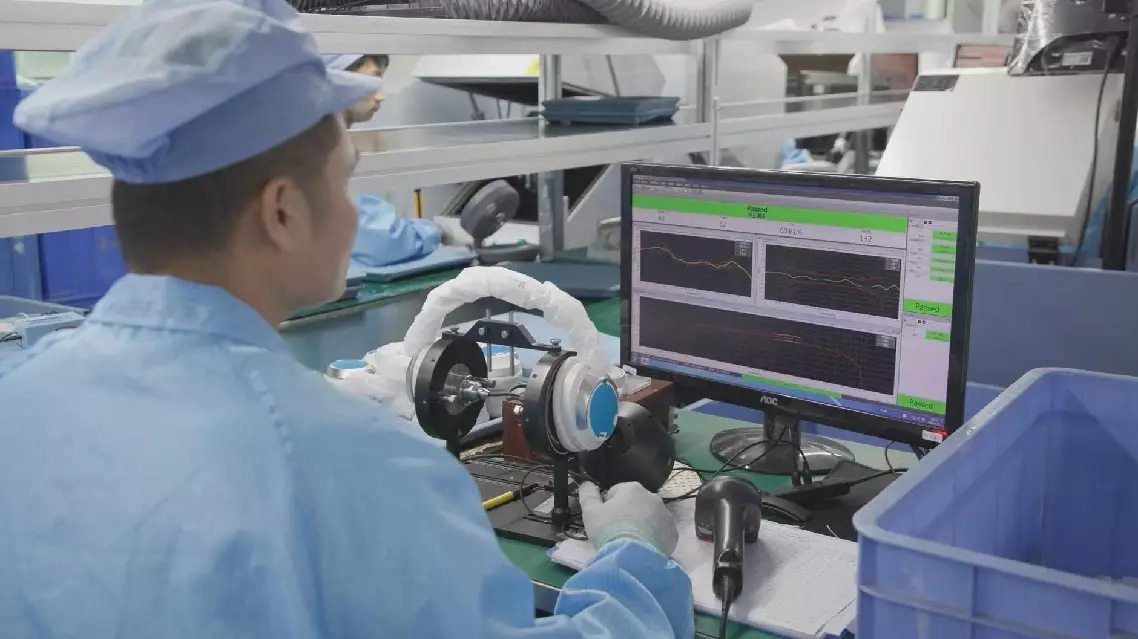A Chinese headphone company specializing in making products mainly destined to the U.S. market is shifted to the domestic market, successfully evading possible risks and losses from the sweeping tariff hikes imposed by the U.S. administration in April.
Founded in 2015 and based in Dongguan City of south China's industrial powerhouse of Guangdong Province, the company, named Jsoul, has an annual order volume exceeding 1.1 billion yuan (about 151.99 million U.S. dollars), with foreign trade accounting for more than 95 percent, of which the U.S. market accounts for 80 percent.
"We used to focus on overseas markets, but now we have made a new batch products for domestic market," said Wu Zehao, director of Guangdong Jsoul Technology Co., Ltd.
Recently, the company released five new models of headphones designed specifically for the domestic market through live livestreaming themed on converting exports to domestic sales.
As the new models of headphones are gradually supplied to the domestic market, hundreds of workers on eight production lines in the company's plant are producing 2,000 pairs of Bluetooth headphones a day.
According to Wu, faced with the sudden U.S. abusive tariff hikes, the company gradually turned the crisis into an opportunity by relying on its global layout and experience in cultivating overseas markets.
"About a month later, Walmart in the United States reached out to us, saying that we can sell them our products at the original price, and that they will pay the tariffs themselves, which means that they currently lack stock on their shelves. We are not concerned about U.S. clients failing to place orders with us. On the contrary, U.S. companies are apprehensive that we might not sell products to them," Wu said.
After decade-long endeavor in exploring overseas markets, the company has transformed itself into a full-chain supplier covering supply chains, research and development, and production.
"After the 'tariff stick' hit us, we feel that our previous layout is correct, so we now want to make more efforts on the domestic market. We have recruited a completely new team of industrial designers, acoustic engineers and structural designers," Wu said.
The company has also been actively expanding sales through e-commerce promotional programs launched by the local government, such as the foreign trade quality products revitalization plan initiated by the Dongguan Municipal People's Government, which helped nearly 300 local companies to access domestic sales channels and promotional events.
"When we received the news that this company wanted to switch to the domestic market and go on the domestic platform, I immediately visited the company's manager, and a contract was signed three days later. Today is only the fifth day and we already have their products on the shelves," said Shen Shuang, director of the Dongguan Quality Products platform.
In mid-April, the Dongguan municipal government rolled out a package of 30 policy measures featuring the development of diversified markets, improvement of financial services, and optimization of the business environment to support local foreign trade enterprises.
"To build up the domestic channels, we will organize enterprises to participate in 28 events themed 'Guangdong Trade Nationwide' and hold 45 city-level exhibitions to help enterprises seize domestic sales orders," said Huang Chaodong, deputy director of the Dongguan Municipal Bureau of Commerce.

Chinese headset maker shifts to domestic market amid tariff turmoil









